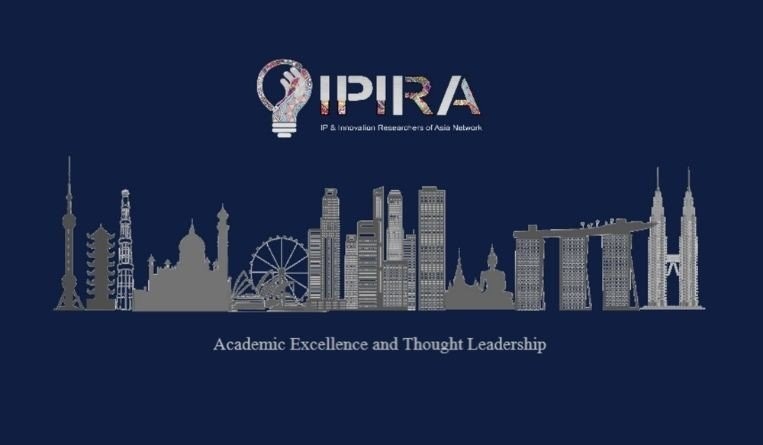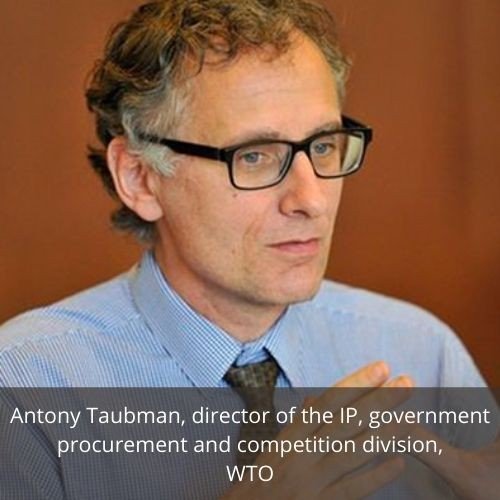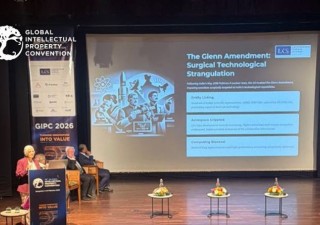“If anything, the challenge of the conference is to continue to be both inclusive—so that many scholars can present and receive feedback from peers—and not too large,” said Irene Calboli, professor at the Texas A&M University School of Law and visiting scholar at Nanyang Technological University in Singapore. “One of the most important features is that it mixes senior and junior scholars with policymakers as well as scholars from different regions of Asia and the world.” Calboli was instrumental in the formation of the IPIRA Network.
Taubman added that new scholarship from Asia now demonstrates a greater capacity for critical analysis and development of policy lessons from the practical experience of countries in the region. “There is a stronger information basis and a foundation for mutual learning among developing countries in the region, in contrast with a past reliance on scholarship based in developed countries with longer established IP systems,” he explained.
The Third IPIRA Conference will also feature Virtual Lunch Breaks, Virtual Dinners, Virtual Gala Dinner and Virtual Receptions using certain features of Zoom.
“We have all learned a lot over the past year about how to make such digital events more ‘real’ and inclusive for the participants,” said Taubman. “We do hope that the virtual social activities will also help to bridge the gaps and to enable the kind of networking and informal dialogue to flourish despite the limitations of experiencing a conference conducted via the exchange of packages of data on line.”
The conferenceis organized by the IPIRA Network in cooperation with the WIPO Academy, WTO and academic institutions around the world.
Espie Angelica A. de Leon










